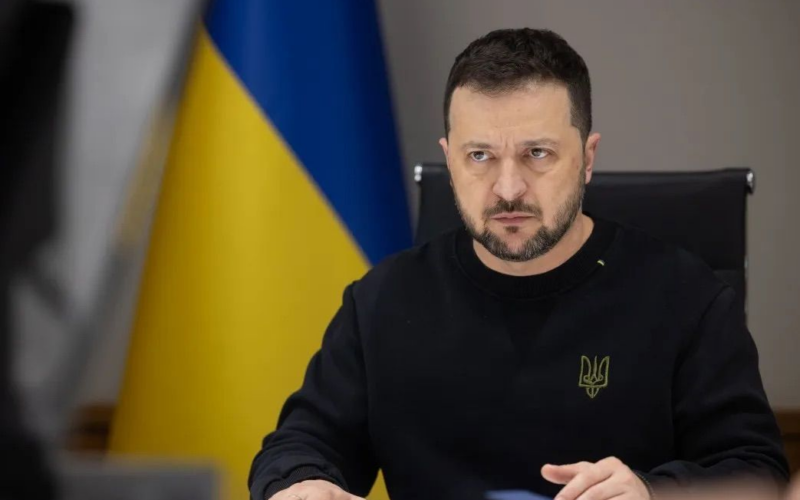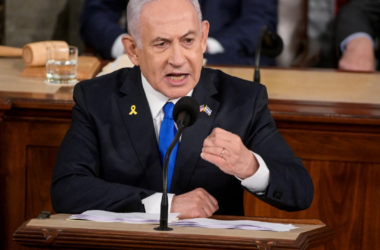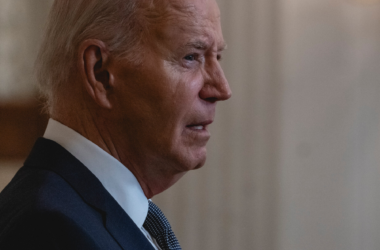Ukrainian President Volodymyr Zelensky has once again demonstrated his willingness to escalate the conflict with Russia, as he urged his Western backers to authorize the use of long-range missiles to strike deep into Russian territory. In his nightly address, Zelensky argued that the Ukrainian military’s recent incursion into Russia’s Kursk region proves the need for more aggressive tactics, claiming that drones alone are insufficient to dismantle key Russian military infrastructure.
This bold and dangerous request comes on the heels of a surprising Ukrainian offensive into Kursk, which has reportedly gained control of nearly 30 miles of Russian territory, capturing hundreds of Russian soldiers. Despite the apparent success, the escalation has raised alarm bells globally, as it could push the conflict into uncharted and perilous territory.
Zelensky’s call for missile strikes represents a dramatic shift from the current Western strategy, where military aid to Ukraine has been carefully measured to avoid direct confrontation with Russia. Up until now, the U.S. and European nations have supplied Kyiv with weapons on the condition they would not be used for offensive strikes on Russian soil. Approving such a request would signify a major and potentially catastrophic departure from this policy, potentially dragging the world closer to a global conflict.
Russian President Vladimir Putin has made it clear that any Western country enabling attacks on Russian territory would be considered a direct participant in the conflict, a warning that has been echoed repeatedly by top Russian officials. The potential consequences of crossing this red line are profound, with fears that it could trigger a broader, more devastating war.
Despite these risks, some analysts, like Taras Kuzio from the National University Kyiv-Mohyla Academy, have downplayed the threat of nuclear escalation, dismissing it as a myth. However, this view ignores the very real dangers of pushing a nuclear-armed state into a corner, where the unpredictable nature of war could lead to disastrous outcomes.
The Kursk offensive has also exposed the fragility of Ukraine’s military strategy. While Kyiv has made gains, it has done so at the cost of weakening its positions on other critical fronts. Ukrainian forces have had to pull troops from the eastern front line to support the operation in Kursk, raising concerns that the country’s defenses could be overstretched.
Furthermore, the operation has yet to achieve a decisive victory, with Russian forces rapidly mobilizing to counter the Ukrainian advance. The Kremlin’s focus remains firmly on key battlegrounds in the Donetsk, Zaporizhzhia, and Kherson regions, where Russian troops are intensifying their attacks.
Politically, Zelensky’s gamble has shifted the dynamics of the conflict, potentially complicating any future negotiations. While some in Kyiv believe that occupying Russian territory could strengthen their position in cease-fire talks, this strategy is fraught with risks. It could harden Russia’s resolve, making any peaceful resolution even more elusive.
Moreover, the idea that such an incursion could lead to a more favorable outcome for Ukraine is optimistic at best. The long-term consequences of escalating the conflict, particularly with Western-provided long-range missiles, could be catastrophic, not just for Ukraine and Russia, but for global stability.
In this context, Zelensky’s plea for more aggressive military support is not just a call for help—it’s a reckless gamble with the future of his country and the world. Instead of escalating the conflict, the focus should be on finding a diplomatic solution that can bring an end to the suffering and instability in the region. The West must tread carefully, recognizing the grave responsibility it holds in preventing this conflict from spiraling further out of control.








